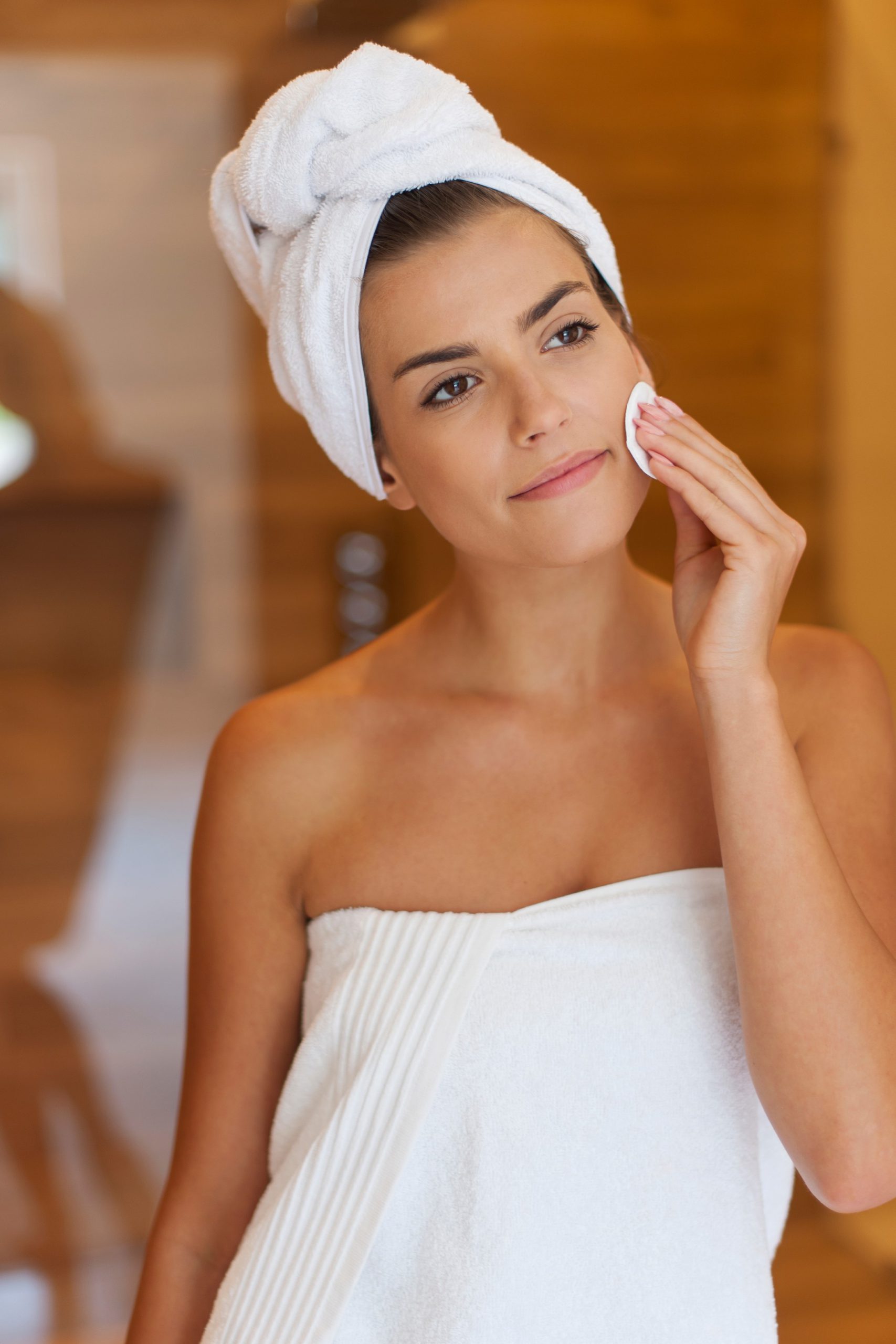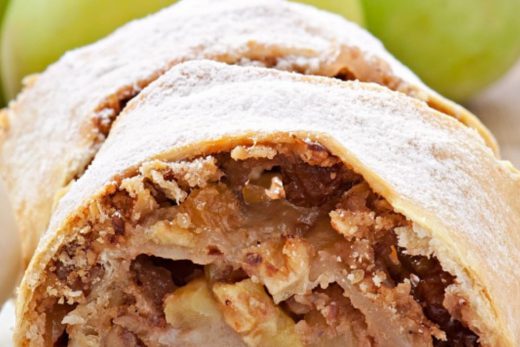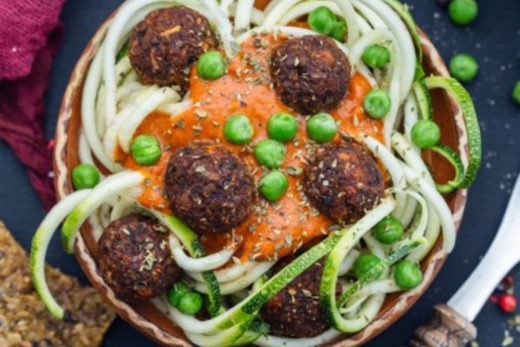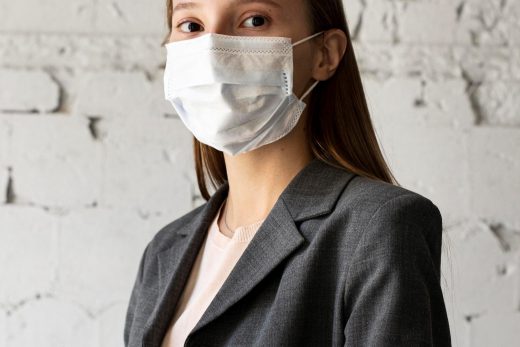1.Pimples can be genetic
Genetic predisposition may be in question especially in the problem of acne that starts in adolescence but progresses for a long time. Therefore, the presence of severe acne history in the mother or father should be questioned.
- Acne is not a contagious disease
Acne formation is based on excessive oily skin due to hormonal changes, clogging of the pores with dead cells and the proliferation of bacteria in these plugs. These acne-causing bacteria actually have some on every person’s skin already, but they don’t cause any illness unless the environment is suitable. Therefore, it is not possible for these bacteria and acne to be transmitted from one person to another.
3.Pimples can last up to the age of 40
Acne is frequently seen between the ages of 12-24, which is called adolescence, but in the presence of some hormonal irregularities, psychological and physiological effects, it may start at an earlier age and continue to the age of 40.
- Sadness and stress can cause acne
Like many dermatological diseases, acne is affected by stress and boredom. Variable emotions, exam stress and future anxiety, especially during adolescence, increase acne considerably. Therefore, in the presence of a psychological condition that causes acne, professional support should be taken along with acne treatment.
5.Pimples can also wear makeup
People with acne problems often want to cover their faces with heavy amounts of make-up since they suffer from severe cosmetic discomfort from acne. Especially synthetic oils and dyes in the foundation and powders used to cover acne pose a risk. People with acne problem should prefer oil-free and fine-textured products specially produced for acne skin when choosing make-up materials. Even if the best product is used to hide acne, the most important point to be aware of is that concealers are thoroughly cleansed from the skin with the right cleanser.
6.Core does not cause acne
Clinical studies show that there is no direct relationship between foods and acne. In other words, we don’t get acne the next day just because we ate beans or chocolate the night before. However, eating foods that contain excessive sugar and trans fat, which are harmful to health and defined as fast food, are not recommended as they affect the entire body structure negatively.
7.Pimples, whatever the cause, should be treated in a timely manner.
‘It is from adolescence, it goes away’ is the biggest mistake that has been said about acne. Because acne is not only a skin disease that causes visual impairment, but a psychological disorder that causes serious personal and social problems, especially in adolescence. The primary purpose of acne treatment is to make it disappear without leaving a trace. Any late treatment can mean a bad memory that you will carry on your skin for years.
- Washing the skin frequently with soap will prevent acne
The most important application in acne treatment is cleansing the skin. But what is used as a cleaner is very important. Washing the skin frequently with soap or cosmetic products that dry the skin can disrupt the moisture balance of the skin and dry the skin, causing more oil to be produced and increased acne. However, when an oil-balancing cleanser that does not dry the skin is used, both acne is treated more easily and the formation of new pimples is reduced.
9.Solarium doesn’t treat acne
There is a misconception in the community that solarium cures acne. This is because the UV rays used in the solarium cause some reduction in the pimples present on the skin at that time. However, the real effect of solarium on acne is that it first creates a temporary well-being and then increases the pimples and leaves scars.
- Acne scars can be treated
While the acne heals, they may leave some bad marks on the skin. These can often be in the form of red spots, brown spots or pits. There are many options such as peeling, microneedle and laser treatment to reduce or completely remove these scars. The most successful of these is fractional laser application.





